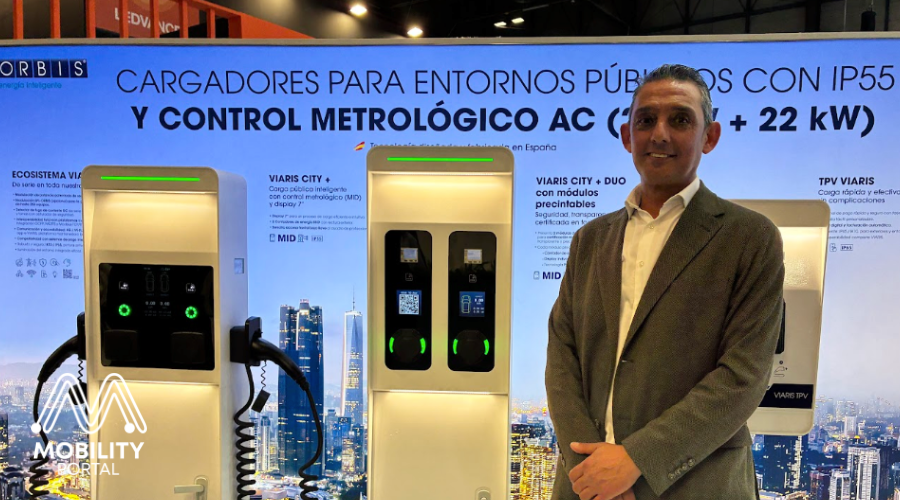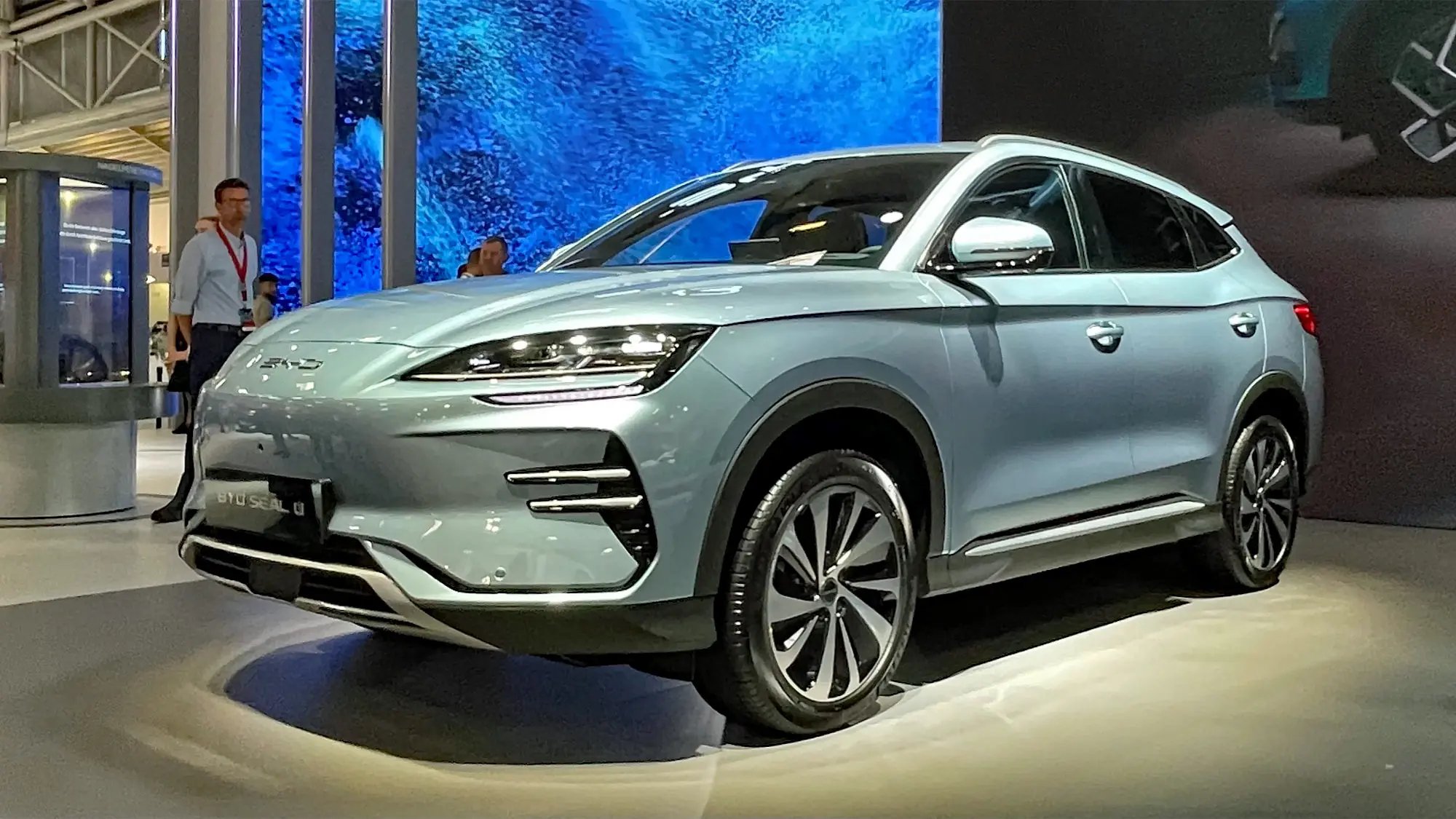U.S. President Donald Trump has announced a 25% tariff on cars manufactured outside the country, set to take effect on April 2, marking another step in the trade war initiated by the Republican magnate.
“We’re going to make countries pay for doing business in our country and for taking away our jobs, our wealth, and many things that have been taken from us over the years,” he emphasized on Wednesday in statements from the White House.
Trump’s tariff announcements have roiled markets in recent weeks.
The S&P 500 index, which tracks major publicly traded U.S. companies, dropped 1.1% on Wednesday, while the Nasdaq fell 1.8%, according to Bloomberg.
This comes after the Trump Administration granted a one-month exemption, until April 2, to all cars covered under the free trade agreement between the United States, Canada, and Mexico.
Trump’s blow to European stocks
European automakers were trading in the red on Thursday morning, with stocks falling as much as 4% following President Trump’s announcement of 25% tariffs on car imports starting April 2.
Volkswagen Group, which operates plants south of the Rio Grande, saw its shares drop 2.8% by 11:00 a.m. Thursday, trading at 8.62 euros.
BMW, which has facilities in Mexico’s San Luis Potosí state, fell 2.72%, leaving its shares at 77.12 euros.

Among German manufacturers, Porsche posted the largest drop, with shares down 4.52% on the Frankfurt Stock Exchange, trading at 47.74 euros.
It was followed by another premium car brand, Mercedes-Benz, which also has factories in Mexico and saw its stock fall 3.62%, trading at 65.93 euros.
Meanwhile, multinational group Stellantis, which is among the manufacturers most affected by this measure due to its facilities in both Mexico and Canada, dropped 4.35% on the Milan Stock Exchange, with shares trading at 10.9 euros.
The only automaker less impacted by the White House’s news, due to its limited exposure to the North American market, was Renault Group.
Renault’s shares rose 0.71% on the Paris Stock Exchange, trading at 49.35 euros each.
Japan pledges retaliation against Trump
Japanese Prime Minister Shigeru Ishiba on Thursday ordered Chief Cabinet Secretary Yoshimasa Hayashi to take retaliatory measures against the tariffs imposed by Donald Trump’s administration.
“In response to the announcement, we must consider the appropriate countermeasures. Naturally, all options will be on the table,” he said during a meeting of the Budget Committee in the House of Councillors, according to statements reported by NHK.
When asked about the possibility of retaliatory actions, he confirmed that this was included among the options under consideration.
“We need to think about what will best serve Japan’s national interests,” he explained, before urging that these tariffs not be applied to Japan.
“We invest in the U.S., create jobs, and pay the highest wages. We are the largest investor in the U.S. We must make it clear that it is not fair to treat all countries the same,” the Japanese leader stated in response to Trump’s announcements.
In this regard, Ishiba asked Hayashi to continue negotiations with Washington to exempt Tokyo from the measures.
He also instructed careful assessment of the impact on Japan’s industry and employment, urging all necessary actions to be taken.
Additionally, he called on the rest of the cabinet to collaborate.
The automotive industry is a key pillar of Japan’s economy and its trade with the United States. In 2024, cars and car components accounted for more than a third of Japan’s exports to the U.S., its main destination.
Automotive-related companies employed 5.58 million workers in Japan.
READ MORE
-
Connectivity, DC and high power: ORBIS’ three technology bets for eMobility charging in 2026
ORBIS is heading into 2026 with a clear technological focus: stronger connectivity, further development of its DC solutions and a decisive push towards high-power charging. The Spanish manufacturer is fine-tuning its portfolio to align with the evolving European regulatory framework, while introducing its new Viaris ISI charger.
-
The charger’s ‘face’: why the HMI decides the success—or failure—of public chargers
Touchscreens at charge points act as the human–machine interface (HMI). If the interface fails, so does the charger. How can we ensure an optimal customer experience?
-
EV panorama in Europe: electric cars pass the 20% mark as BYD steps up its EU push
Europe’s electric vehicle market continues to gain ground: battery-electric cars exceed a 20% monthly share in November, BYD triples its registrations, and Tesla extends its loss of momentum, according to the latest data from ACEA.









